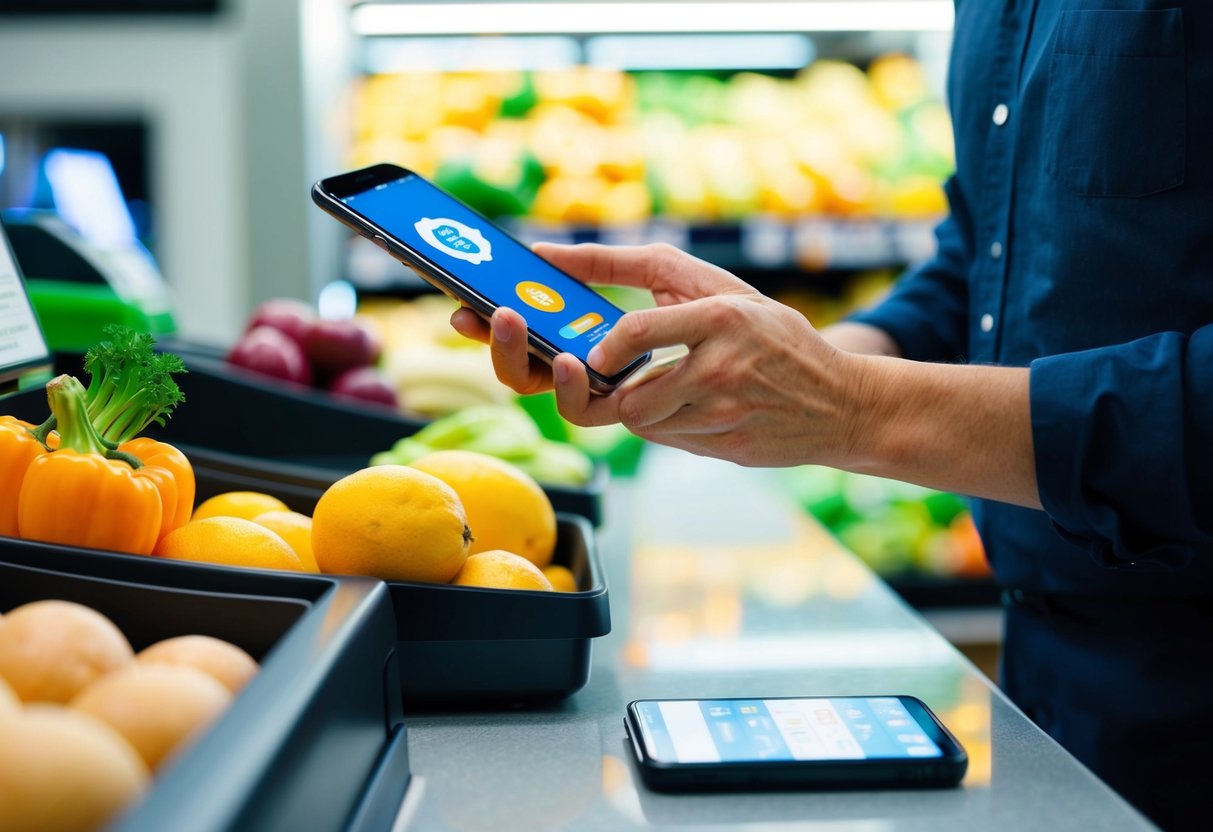
Integrating Cryptocurrency with Everyday Life
To effectively integrate cryptocurrency into daily life, individuals need practical tools and methods to streamline transactions. Mobile wallets offer convenience, making everyday payments more accessible. Online shopping with cryptocurrencies presents a seamless experience for users. Real-world use cases provide clarity on where and how these virtual currencies can be used efficiently.
Mobile Wallets and Payments
Mobile wallets facilitate the storage and transaction of cryptocurrencies, making them crucial for everyday payments. Users can download these wallets on their smartphones, allowing for quick and easy access to their digital currencies. Apps like Coinbase and Trust Wallet are examples, enabling transactions on-the-go.
These wallets often come with features like QR code scanning and near-field communication (NFC) for contactless payments. This makes in-person transactions faster and more efficient. Moreover, the security measures implemented in mobile wallets, such as biometric authentication, help in securing users’ funds. They also allow for real-time tracking of transaction histories, enhancing transparency.
Cryptocurrency for Online Shopping
Cryptocurrency adoption in online shopping provides an alternative to traditional payment methods. Major online retailers, such as Overstock and Newegg, accept various cryptocurrencies, allowing customers to make purchases with their virtual currencies. This opens up opportunities for cheaper and faster transactions compared to credit cards.
The process of using cryptocurrency in online shopping is straightforward. Customers select their desired items, proceed to checkout, and choose the cryptocurrency payment option. They then use their mobile wallet to complete the payment either by scanning a QR code or entering a payment address. This method also reduces the risk of fraud, as no sensitive banking information is shared.
Real-World Use Cases
Real-world use cases for cryptocurrencies are expanding rapidly. People are using virtual currencies to pay for everyday items like coffee, groceries, and even utilities. Businesses like cafes and retail stores are increasingly accepting cryptocurrencies as a form of payment.
Additionally, service industries such as web development, consulting, and freelance work are also adopting cryptocurrency payments. Such integrations not only promote the use of virtual currencies but also enhance the efficiency of financial transactions by reducing fees and processing times.
Cryptocurrencies are also being used in peer-to-peer transactions, enabling individuals to send money across borders quickly and at a lower cost compared to traditional banking methods. This is particularly beneficial for remittances, allowing for more economical and faster money transfers.
The Future of Cryptocurrency in Commerce
Cryptocurrencies are increasingly being integrated into everyday commerce by both consumers and businesses. Innovations, adoption trends, and decentralized finance are key factors driving this change.
Trends in Cryptocurrency Adoption
Adoption of cryptocurrencies is accelerating among mainstream retailers, emphasizing the importance of faster transactions and reduced costs. Major financial institutions are exploring avenues to integrate digital currencies into their services, offering customers more options. Service providers are developing user-friendly interfaces, making cryptocurrency more accessible to everyday users. The integration of point-of-sale systems that accept digital currencies is becoming more common in stores.
Innovation and New Technological Developments
Technological developments are crucial for mainstream adoption of cryptocurrencies. Blockchain technology continues to evolve, offering more security and efficiency. Innovations like smart contracts are enabling complex transactions without intermediaries. Additionally, improvements in scalability aim to resolve issues like transaction speed and network congestion. Financial technologies are integrating cryptocurrency wallets, enabling users to switch seamlessly between digital and fiat currencies.
The Role of Decentralized Finance
Decentralized finance (DeFi) is revolutionizing how people interact with financial services by relying on blockchain technology. DeFi platforms provide lending, borrowing, and trading services without traditional banks. This shift empowers users with greater control over their assets. Services like decentralized exchanges (DEXs) are enabling peer-to-peer trades, enhancing transparency and security. The rise of DeFi could lead to significant changes in global financial landscapes.